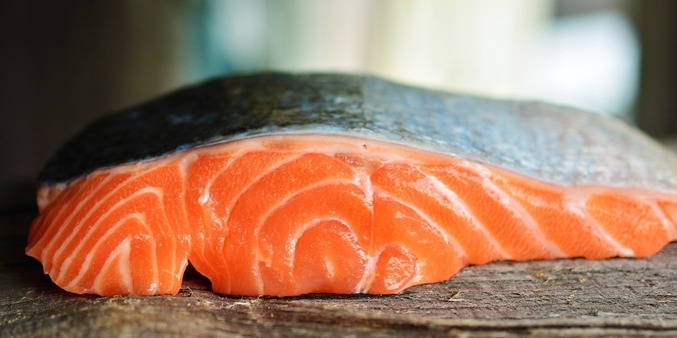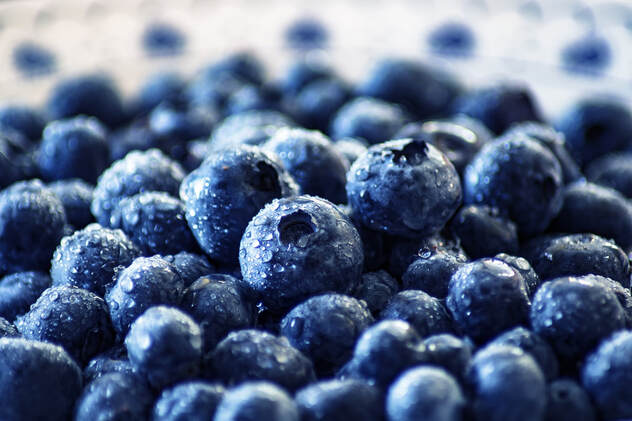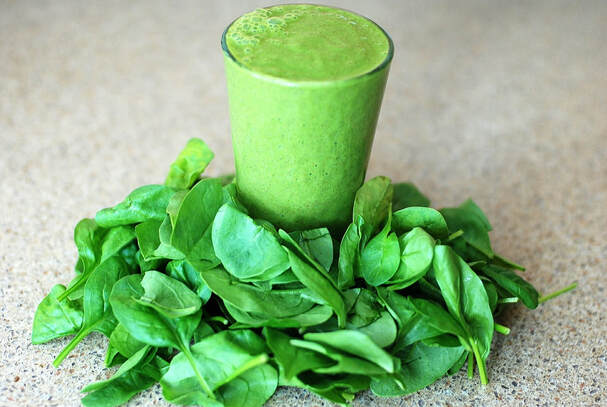|
Anywhere you look online and any podcast series you listen to has suggestions for what foods are best for various ailments, health concerns, etc. This list is no different than any other you might find. I do not know all and have never claimed to. This list may be better than some and may be less inclusive than many. This list is a compilation of what I know from the education and and training I have undergone to receive my masters, it is also from the years of practice and anecdotal evidence I see day to day, and lastly but maybe most importantly-from the research and experts out there that I learn from on a daily basis. None of these statements are sited but all can easily be supported. My posts are largely opinion based with fact and data interwoven when needed. I feel the information I share should be treated no differently than how I would advise you to read anyone else's site. Comb through and apply what seems appropriate and what appeals to you. As always any suggestions and recommendations you wish to apply should always be discussed with a health care provider you know and trust, but more importantly, that knows your own personal health history. Alright, disclaimer done! On to the list. 1. Fatty Fish- The omega 3's found in fish like salmon, sardines, anchovies and other fish are important for brain health for a variety of reasons. These include their anti-inflammatory properties and their role in development and maintenance of brain cell membranes. The National Institute of Health shares that some research shows omega-3s to help reduce cognitive decline in diseases such as alzheimer's and dementia. The recommended intake for the average adult female is 1.1g. 2. Blueberries - These power house fruits are filled with fiber, antioxidants and are a great source of anthocyanin which is a flavonoid responsible for a variety of healthy outcomes. Enjoy a whole cup worth for only 12-15 grams of carb -even my keto friends can find some room for that many carbs. 3. Dark Leafy Greens- The nutrients in dark leafy greens are immense. Because of this they are the one food all diets agree on. In fact nearly everyone needs more of these each day. These include foods like spinach, kale, swiss chard, and dandelion greens. One component directly connected to brain health would be related to the high amount of vitamin E found in these foods. Vitamin E is a powerful antioxidant that can possibly provide some protection to the brain against cognitive decline. 4. Complex carbohydrates- This is an area of heavy debate and I definitely recognize the science that supports a keto diet for brain health, but that doesn't mean that I ignore the evidence that still links complex carbs to good health. We don't even have to dig into the research to see that. We can look at individuals across the world who live the longest and have the healthiest diets. Im talking about the Blue Zones. These scattered locations have very different diets, but one thing they share is that all the diets contain complex carbs of some sort. Complex carbohydrates include berries (like the blueberries mentioned above), sweet potatoes, whole grains, legumes, and many more. 5. Water- Dehydration is known to greatly impact cognitive function which makes hydration one of the number one ways to keep the brain sharp and focused. It does this in a number of ways including removing waste and aiding in the absorption of nutrients. In fact above every other suggestion water may be the most impactful and may have the most immediate effect on your cognition.
Comments are closed.
|
Details
Archives
June 2024
Categories |
|
Jessica Carter MS, RD, LD, CDE, RYT200 1900 Division ST W, Unit 4, Bemidji 218-556-9089 |
|
Copyright © Core Health & Nutrition, LLC.






 RSS Feed
RSS Feed

